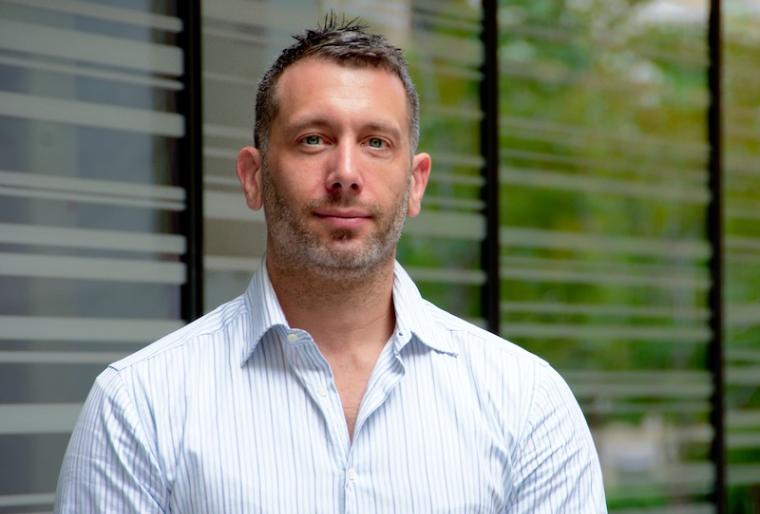No visas have been issued for startups under the Global Talent Scheme with only four months left in the one year pilot.
Documents released under the Freedom of Information Act revealed that no Australian startup had applied for and been issued a visa under the Global Talent Scheme (GTS), and that only eight visas had been issued under the established businesses stream as of the end of January.
While at least one startup – quantum computing company Q-CTRL – has been approved under the scheme, it has yet to be issued a visa.

The GTS was launched in July, offering four-year visas for highly-skilled tech workers from around the world. The scheme is split into two streams, one for established businesses with annual turnover of more than $4 million, and one for startups.
Companies must apply to the government to be eligible for the scheme, and at least five businesses have been approved.
The FOI request was lodged by Hannan Tew Lawyers partner Jordan Tew, who regularly works with startups looking to access global talent. While there was a lot of interest in the scheme when it was first announced, the high costs is pushing startups away, he said.
Businesses looking to access a visa under the GTS have to pay a government fee and the Skilling Australia Fund levy. For startups, this levy is an upfront cost of $1200 for each year the visa will run.
Along with the government fee, a four-year visa for a startup would cost up to $7,575 for an individual, and more for partners and children.
“It’s quite a significant expense, and as part of the requirements to get this TSS anyway you have to say that the company is going to pass some skills on to Australians and the individuals will do the same,” Mr Tew told InnovationAus.com.
“Giving the cost-savings to startups would make it more appealing to them.’ We had a lot of inquiries about it and were advising startups about the scheme, but no-one was applying,” he said.
“We act for a lot of bootstrapped startups or startups with just initial funding, which is not usually a significant amount. The need to pay $7,000 to $10,000 for a visa, that’s quite a lot of money they would be able to use on other things.”
A Department of Home Affairs spokesperson said the GTS is a “niche pilot scheme”, and the government is committed to working with industry to improve it.
“The GTS was launched as a 12 month pilot to allow the government to make refinements in consultation with industry and test settings and processes to ensure it achieves its purpose to deliver more flexible visa arrangements and attract global talent to Australia,” the spokesman told InnovationAus.com.
“The government will continue to work closely with industry on the implementation of the GTS and to refine the settings of the pilot.”
Q-CTRL founder Michael Biercuk said the company is working through the process of receiving its first visa, with its nomination accepted and the candidate now assembling the necessary application materials.
“I understand the Department of Immigration is working to streamline this process and we appreciate their efforts to understand our needs and work with us,” Dr Biercuk told InnovationAus.com.
“I’m hoping the current experience will help inform how the actual candidate application process can be simplified for future roles,” he said.
“We have always planned that this complete process would require the better part of a year. That is highly challenging for most startups, and has motivated our desire to continue working with the Department to identify areas for improvement.”
While there are only a few months left on the 12-month pilot program, and no clarity yet around whether it will be extended, StartupAus chief executive Alex McCauley said it would still be useful for a startup to apply for the scheme.
“The labour agreements they’ve signed with Home Affairs will last five years, so it’s a really good asset for those businesses even once the pilot is finished,” Mr McCauley told InnovationAus.com.
The GTS program is crucial for early-stage tech companies, and the government needs to do more to raise awareness around the country, Mr McCauley said.
“I’d love to see another 50-plus startups go through this program before the pilot finishes at the end of June. It’s been a slow start, but it’s a critical area for lots of companies and if we can get the word out I think we can still see strong uptake,” he said.
“I’d like to see the government spend a bit of money helping startups understand what this program is and how they can access it. It’s no use putting a visa regime in place for a limited time if nobody who needs it ever hears about it..”
The GTS was announced as a 12-month pilot, and this is now two-thirds of the way through.
The scheme was originally launched to placate an irate tech sector following the shock scrapping of the 457 visa by the federal government. The GTS allows established businesses to apply for up to 20 visas per year, while startups can apply for five.
It sits under the Temporary Skills Shortage visa scheme, but is meant to offer a quicker way for tech companies to access “highly skilled and specialised workers” that can’t be found locally.
The Department of Home Affairs has said that nominations would be decided within five business days, and visa applications would also be decided within five days.
It is unclear whether the government will extend the GTS pilot program when it comes to an end in July this year. But in last year’s MYEFO, the government revealed a new $13 million Global Talent Initiative which “builds on” the GTS.
The scheme will allocate up to 5000 places drawn from the non-nominated and non-sponsored skilled cohort of the annual migration program, with priority processing given to individuals with a background in a STEM field.
Do you know more? Contact James Riley via Email.

